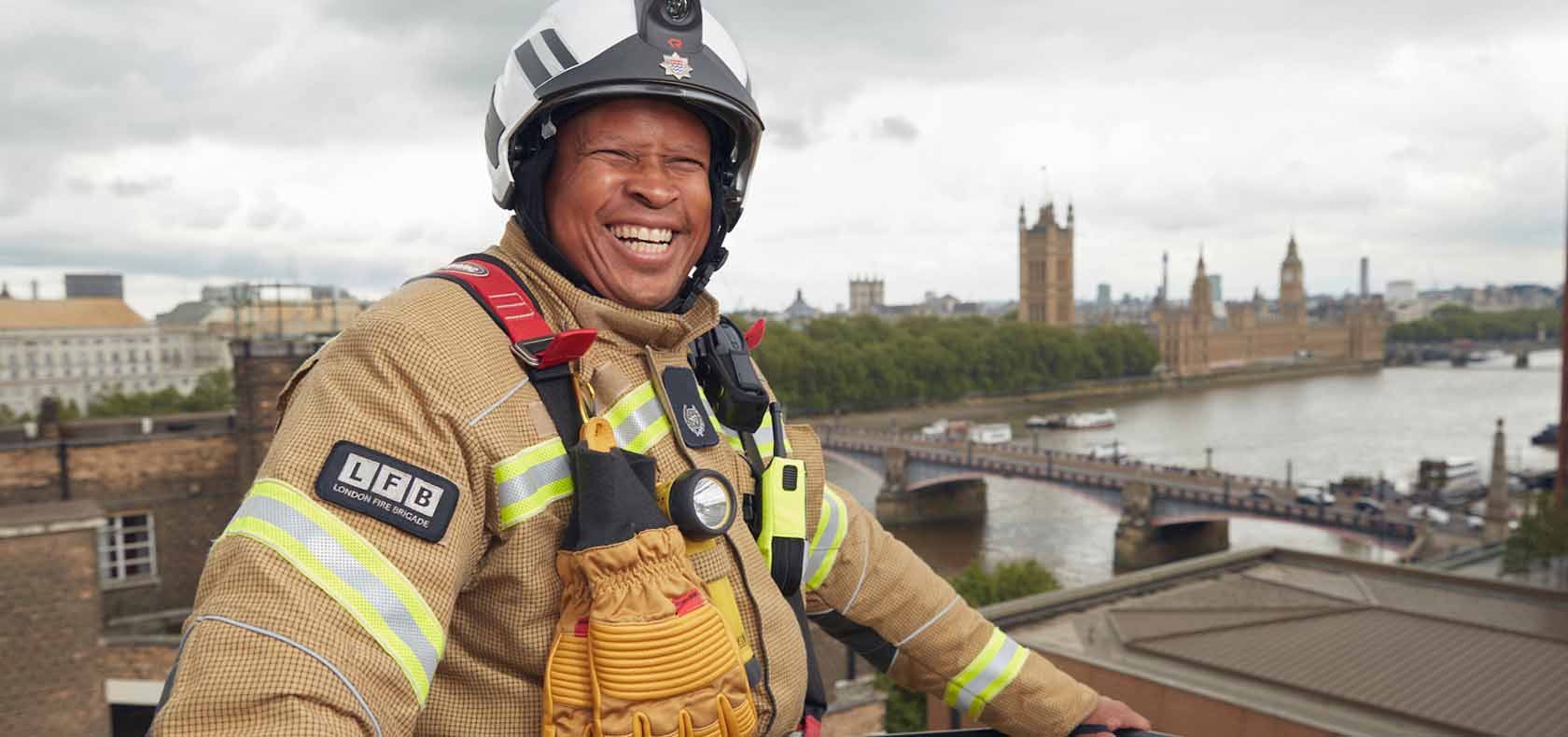What is an emergency plan?
If you are a employer, owner or occupier of premises that aren't a 'single private dwelling' (a private home), it's your responsibility to keep people safe if there is a fire.
Though prevention is always best, you are also required by law to make a detailed fire emergency plan so your people can keep themselves and members of the public out of danger.

What should be covered in your emergency plan?
A simple emergency plan must show that you have:
- A suitable fire detection system.
- A process for identifying false alarms.
- A clear understanding of who calls 999.
- A clear passageway to all escape routes.
- Suitable routes and exits for people to escape.
- Clearly marked escape routes – these should be as short and direct as possible.
- Emergency doors that open easily – and emergency lighting if it is needed.
- Providing training so your employees know how to use the escape routes
- Set out a safe meeting point for staff.
- Considered the needs of anyone who might not be able to escape quickly if there's a fire – for example, wheelchair users or people with visual impairments.
You can find guidance about how consider the needs of people with disabilities on GOV.UK. You can also download it – and a simple template to help you set out your emergency plan – at the bottom of this page.
What else should you consider in your fire emergency plan?
Other important topics to cover include:
- What to do on discovering a fire.
- How to warn others if there is a fire.
- Calling the fire brigade.
- Evacuation of the premises including those particularly at risk.
- Power/process isolation.
- Places of assembly and roll call.
- Liaison with emergency services.
- Identification of key escape routes.
- What firefighting equipment you provide – and where it is located.
- Everyone's specific responsibilities in the event of a fire.
Remember to test your emergency plan by practising it regularly.
Does the emergency plan have to be formal?
It depends on your circumstances. If you answer 'yes' to any of the following, you'll need to record the plan:
- The environment you're responsible for is licensed – for example, a pub, club, theatre of cinema.
- You are an employer and have five or more employees.
- An Alterations Notice under the Fire Safety Order requires it.
Need help developing your emergency plan?
Find guidance and document templates below.
